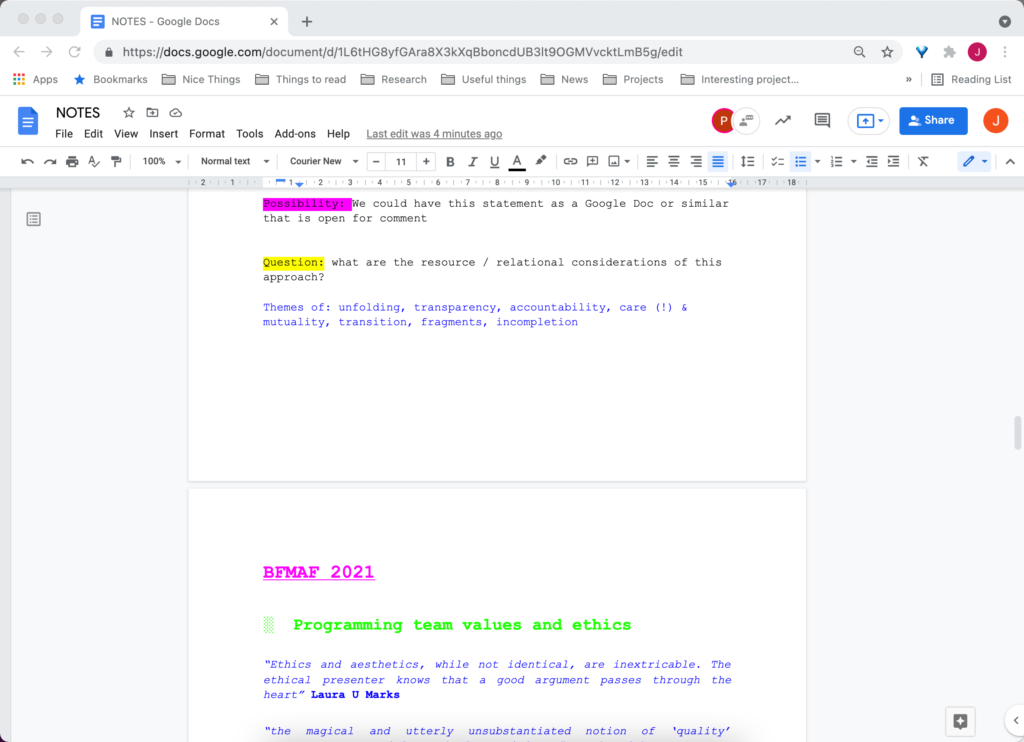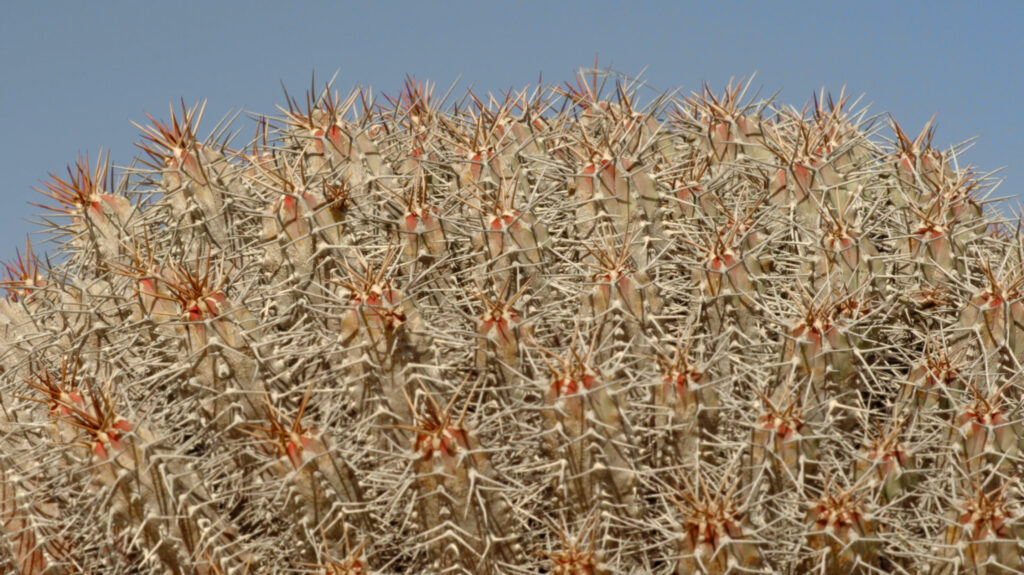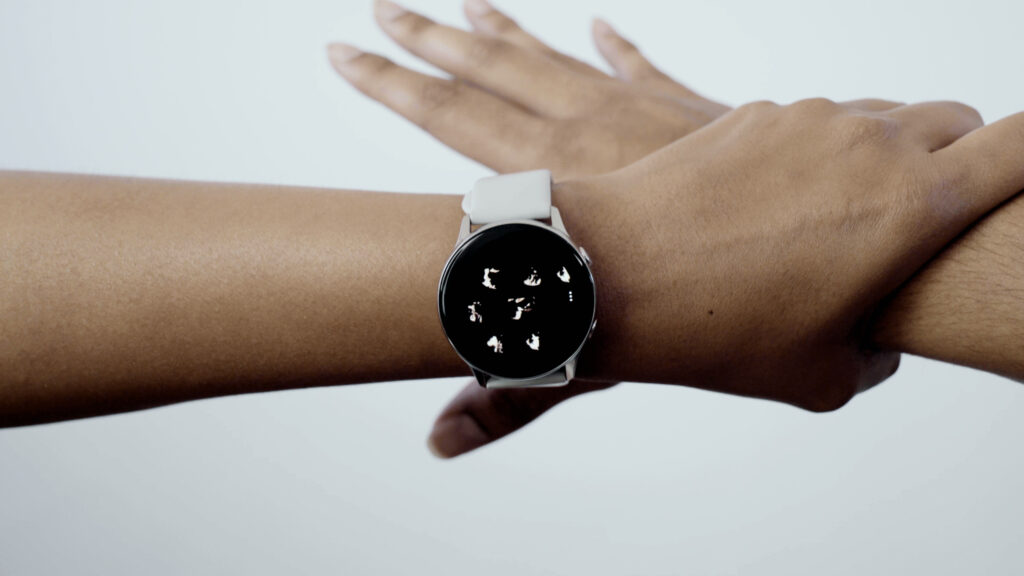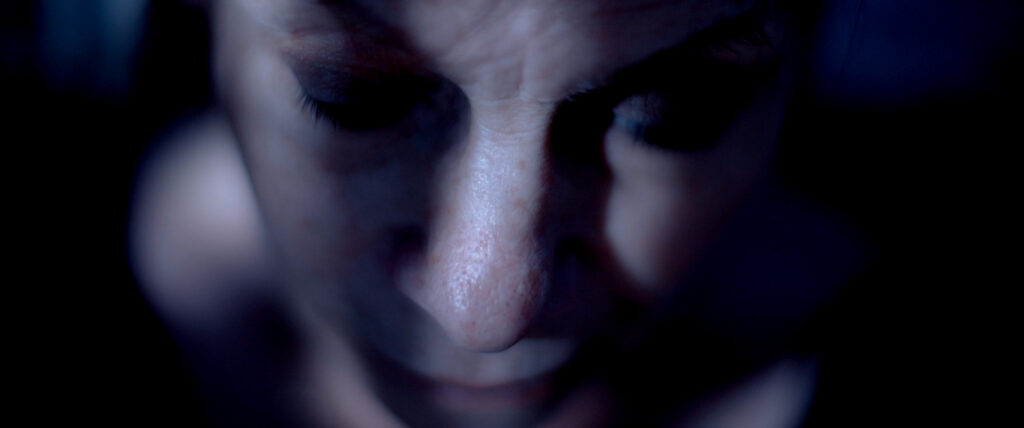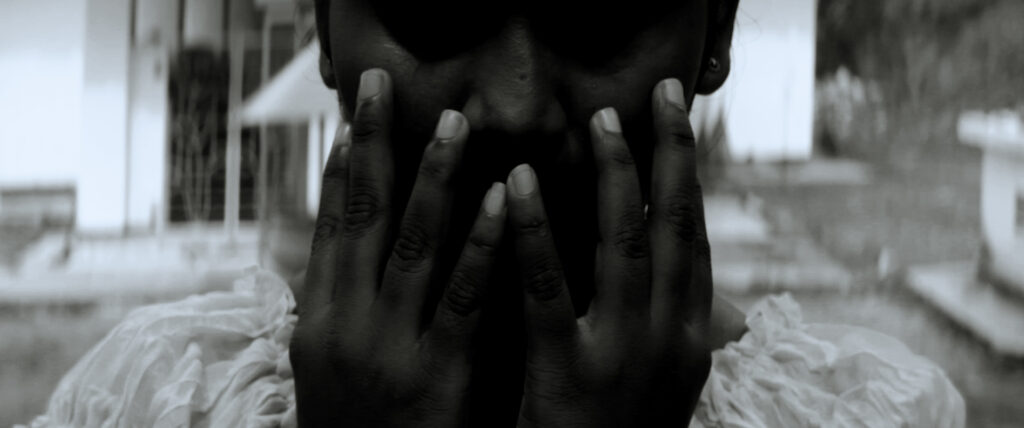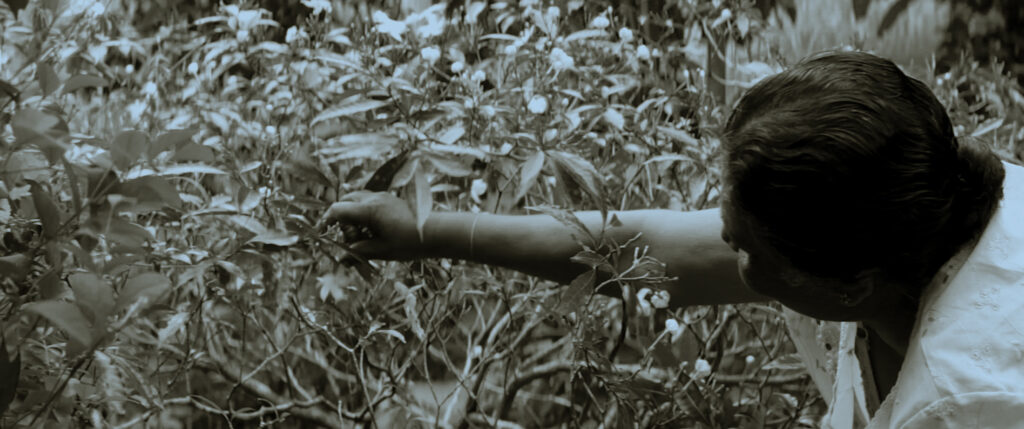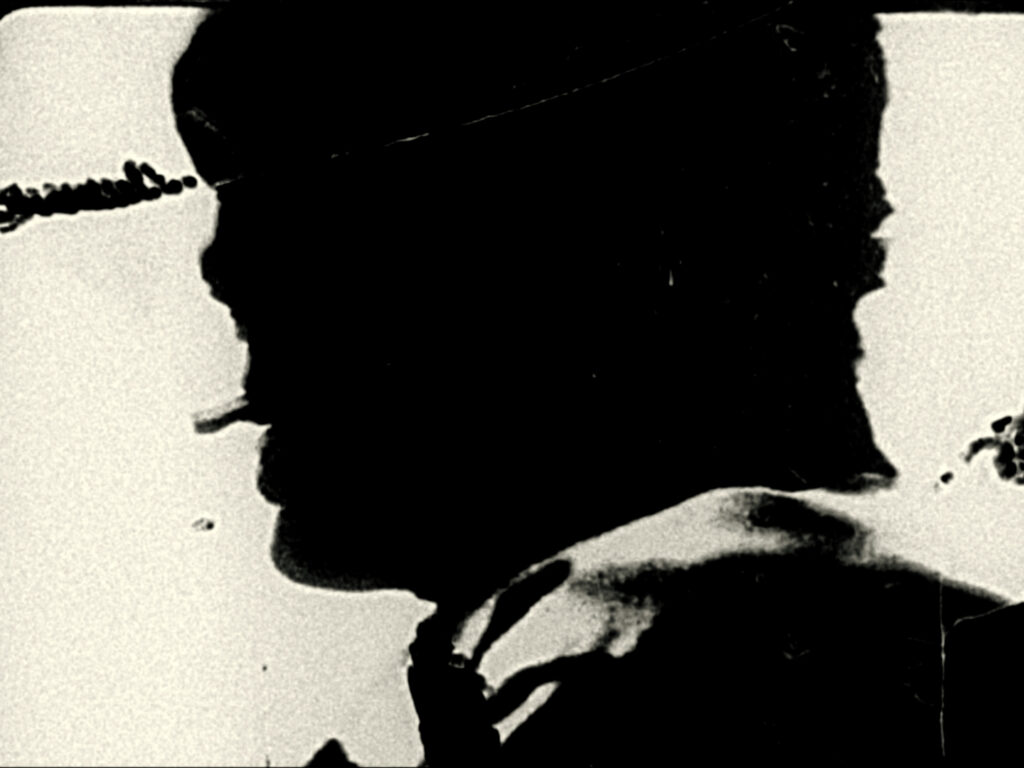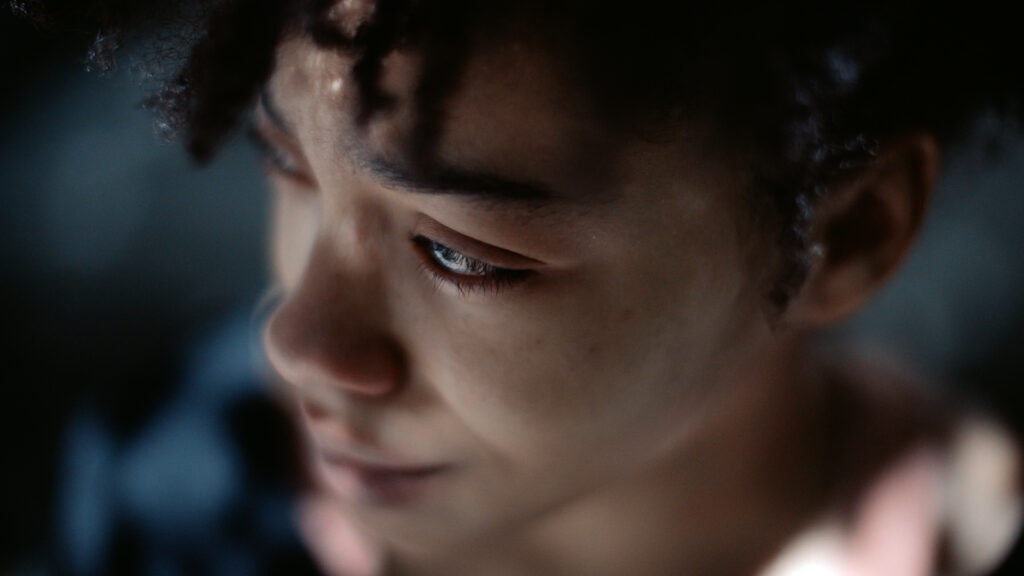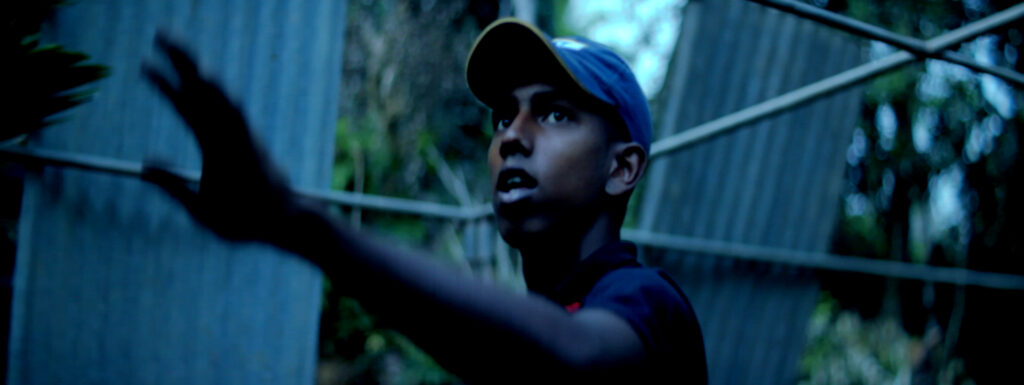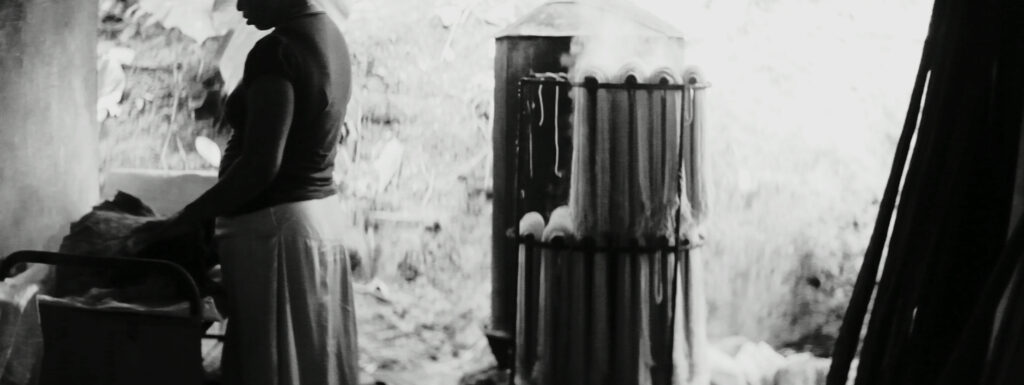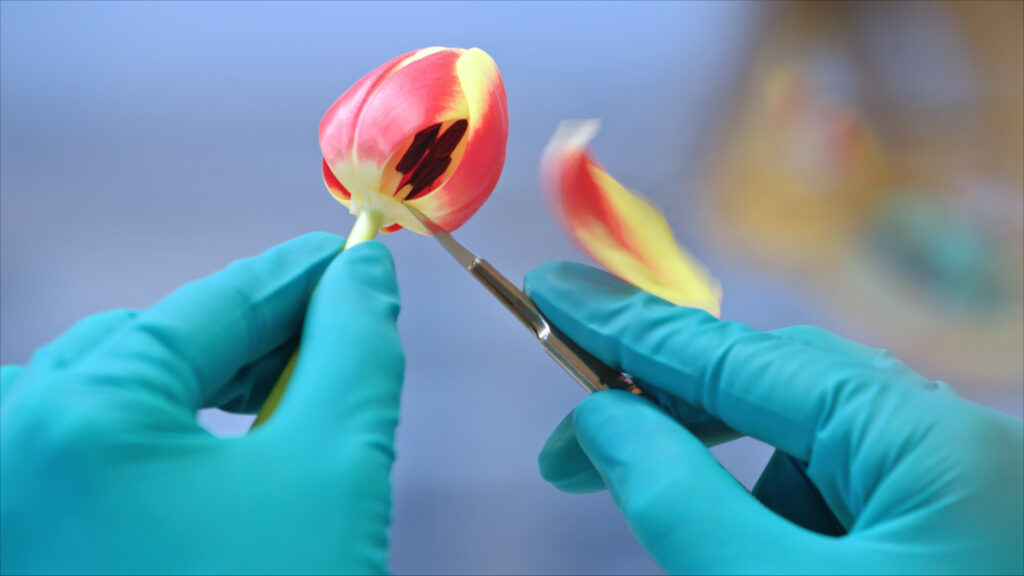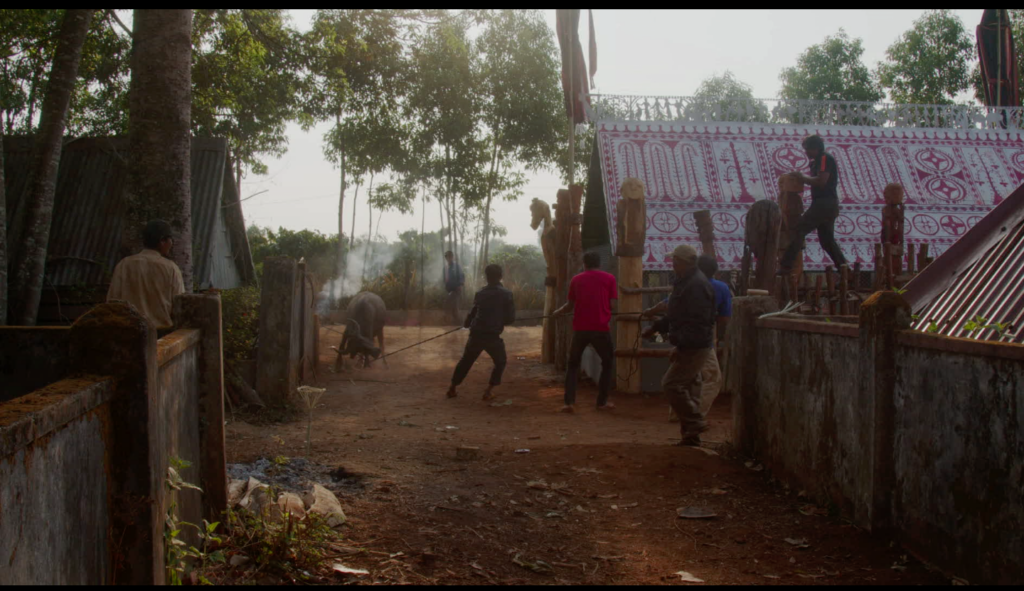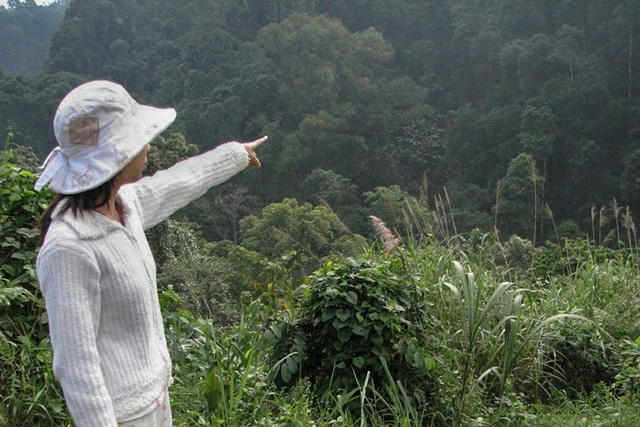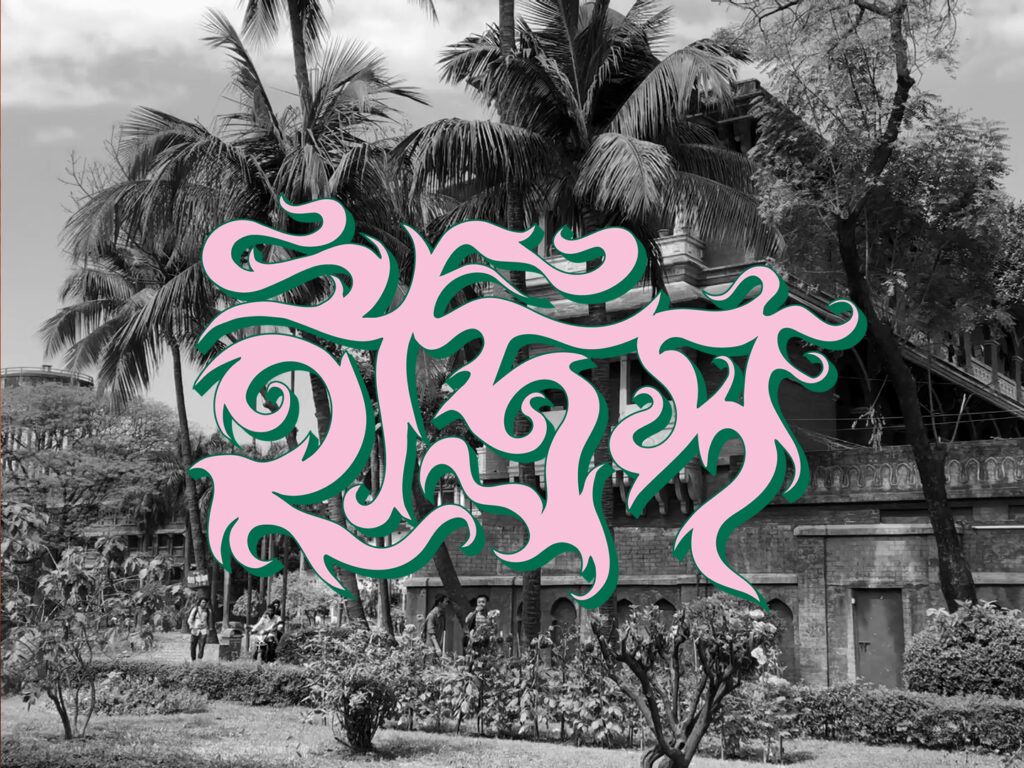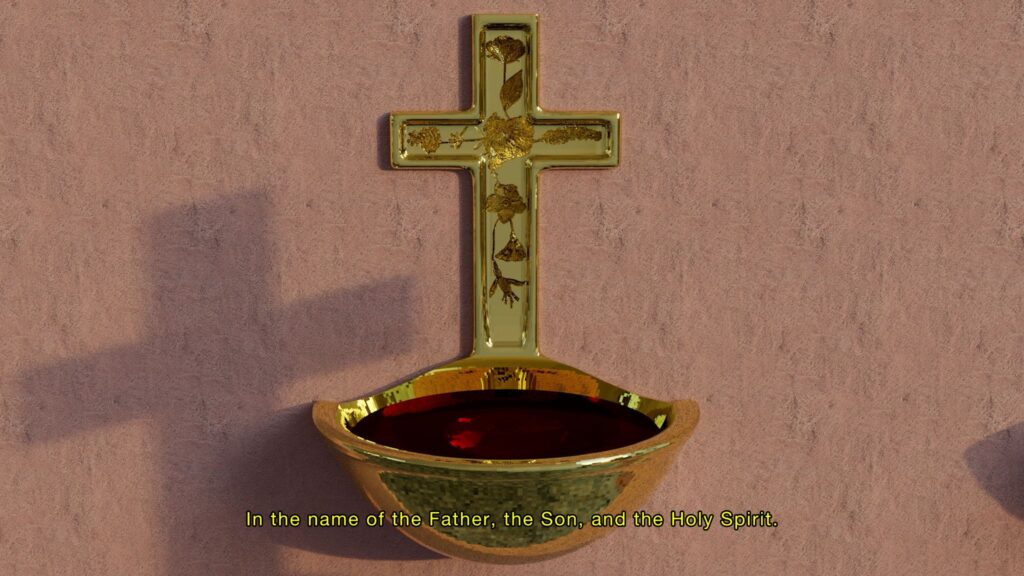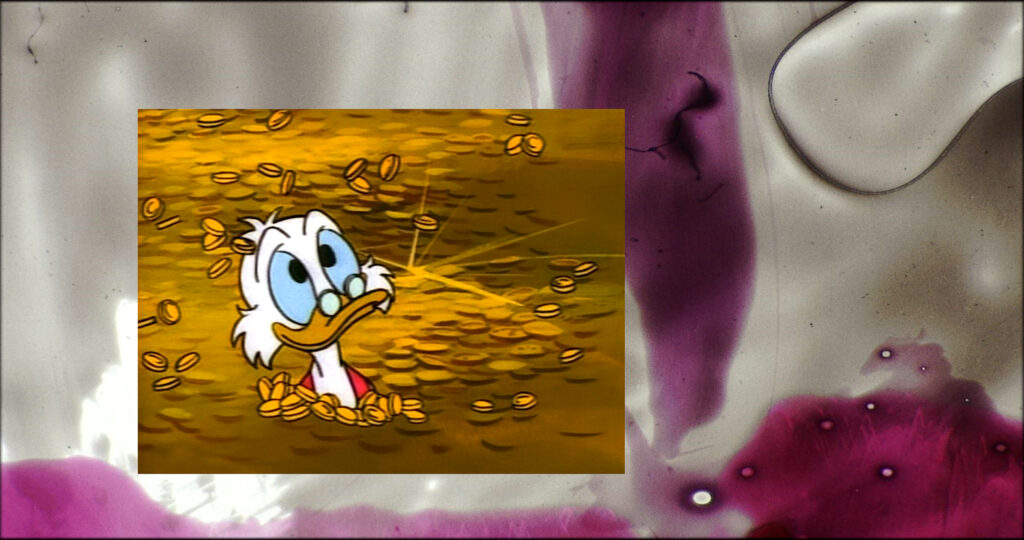
Abdessamad El Montassir
Abdessamad El Montassir (1989, Morocco) lives and works between Boujdour and Marseille. His research-based practice is anchored in a trilogy of concepts: the right to forget, visceral narratives, and the trauma of anticipation. In his body of work, El Montassir sets reflexive processes that invite us to rethink history through collective or fictional narratives and immaterial archives. He has participated in several national and international exhibitions, including Invisible curated by Alya Sebti for the 13th Biennale of Contemporary African Art of Dakar and for ifa-Galerie in Berlin, De liens et d’exils at La Villa Empain – Fondation Boghossian in Brussels, Al Amakine in the context of 11ème Rencontres de Bamako, Saout Africa(s) in the context of the documenta 14 at SAVVY Contemporary in Berlin, among others. El Montassir also participated in various artist residencies such as the Art, Science and Society program at IMéRA in Marseille, La Cité Internationale des Arts in Paris, the summer’s lab at Le Cube – independent art room in Rabat and the Résidence Méditerrannée at La Friche La Belle de Mai in Marseille.
Galb’Echaouf delves into the idea of amnesia as the result of an extreme and destructive political context which generated shame and guilt. Conflicts put an end to freedom of movement, and most importantly, to the transmission of types of knowledge passed down over centuries. It is fuelled by the statements and silences of the inhabitants of the region, but also by non-human knowledge present in plants and landscapes.
Rajee Samarasinghe’s body of work tackles contemporary sociopolitical conditions in Sri Lanka through the scope of his own identity and the deconstruction of ethnographic practices. BFMAF 2021 presents a series of Samarasinghe’s 12 short films shot over a decade—an archive of images navigating the terrain of migration, memory, and impermanence.
In Tim Leyendekker’s debut feature film, victims, perpetrators and their observers offer entangled viewpoints on the 2007 Groningen HIV case in the Netherlands. In this case, three men hosting sex parties drugged others and injected them with their own HIV-infected blood. Feast explores the uneasy complexities, motivations, assumptions and projections of those involved and those watching: the media, the diagnosing professionals, and us, the viewers.
This screening will be accompanied with an in person conversation with Tim Leyendekker and will take place at The Maltings in Berwick-upon-Tweed.
Nguyễn Trinh Thi is one of Vietnam’s leading contemporary artists. Her moving image work engages with the ways in which memory, history and representation are part of broader structures of power, the legacies of colonialism and war, and the erasure of indigenous Vietnamese cultures.
Nguyễn Trinh Thi’s Focus Programmes are supported by CREAM, University of Westminster and Centre for Screen Cultures at the University of St Andrew
The Festival opens with the world premiere of Idrish (ইদ্রিস) by Adam Lewis Jacob (UK, Bangladesh, 2021).
Idrish acts as an urgent and potent piece of anti-deportation activism. With reports of deportation flights regularly in the news, the film is rich with resonance to our current moment. In one striking sequence, footage of a protest march gives way to staccato editing and propulsive sound design by Claude Nouk, who re-uses and manipulates archival sounds to transform the film into a powerful rallying cry. Radically reanimating the documentary form, Jacob enlivens the archive to tell a vital history.
This screening will be accompanied with in person conversations with Éiméar McClay & Cat McClay (a body is a body is a body) and Rehana Zaman (Alternative Economies).



